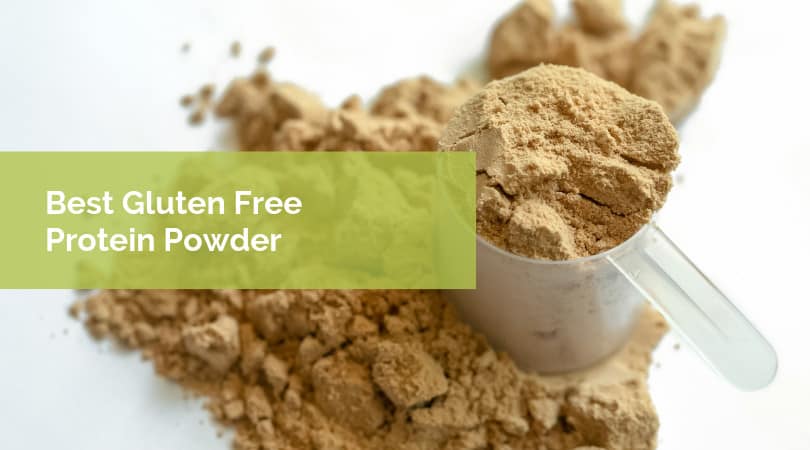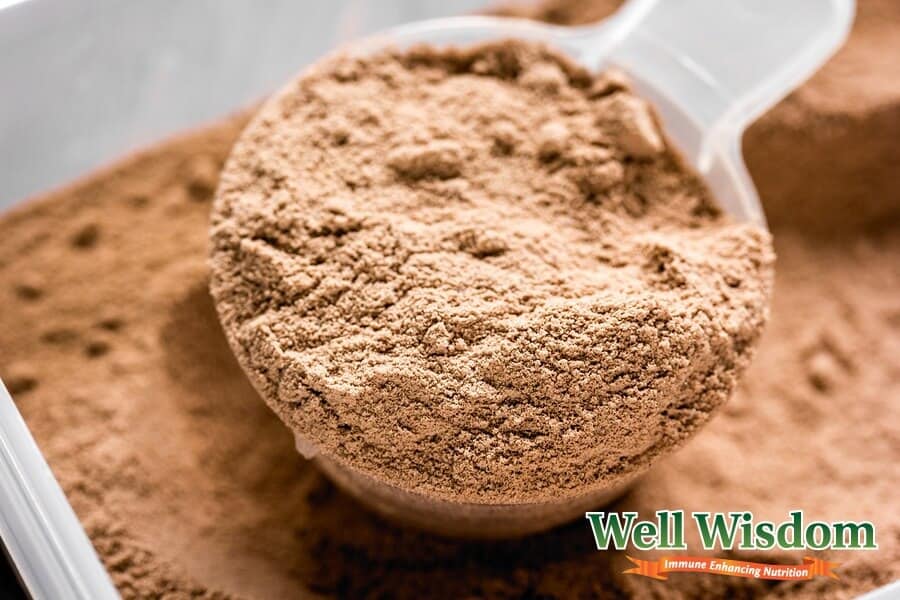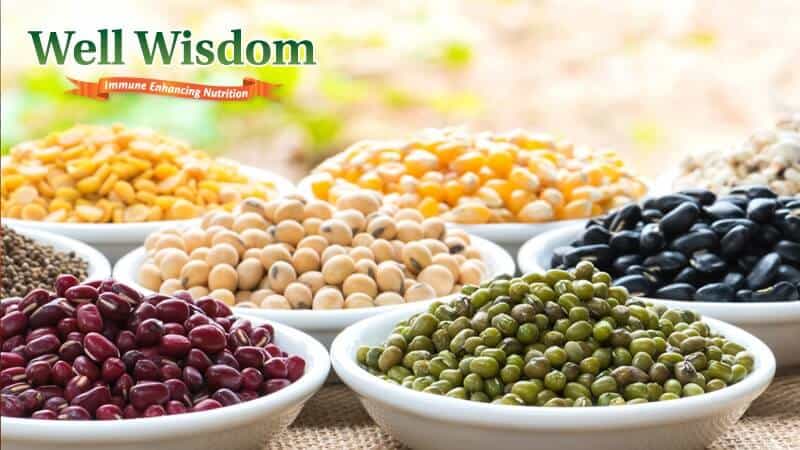If you suffer from celiac disease or non-celiac gluten sensitivity, you may be looking very closely at every food you eat to ensure that it’s 100% gluten-free. You obviously already know you need to avoid the obvious culprits, like bread, pasta, certain cereals, and everywhere else gluten usually hides. But, you also need to become a bit of a detective and take a hard look at the places where gluten may be hidden, like sauces, condiments, and supplements.
Protein powder is one area of concern for many people trying to follow a gluten-free diet. The FDA does not require foods to be labeled as “gluten free”. This means you have to learn to look closely at the ingredient list to identify sources of gluten. There is a very real concern that taking a protein powder could expose you to a hidden source of gluten.
Below, we’ve listed everything you need to know about whey protein and gluten. As well as the best gluten free protein powder options for you to consider. This guide will help you choose the best gluten free protein powder with full confidence. And you won’t end up accidentally consuming hidden gluten!
The 5 Best Gluten Free Protein Powder Choices
If you are looking to make gluten free protein shakes, here are your top picks for a protein powder:
1) High Quality Whey Protein
Does whey protein have gluten? Whey protein is made from cow’s milk. Whey is one of the two proteins in milk. On its own, whey has no gluten. Only grains like wheat, barley, rye, and couscous have gluten in them. Therefore, is whey protein gluten free? Yes, milk and products made from milk are 100% gluten-free. This means that you can usually use whey protein supplements without worrying about being exposed to gluten.
That being said, there are a number of whey protein products that may end up containing gluten. For example, some of the “cheap” whey proteins are thickened using various starches. Look for “red flag” ingredients such as edible starch, caramel color and malt. Depending on your level of sensitivity to gluten, you may have to avoid some of these ingredients. Glutamine, an amino acid that may be added to certain protein supplements, is also made from gluten.
When choosing a whey protein powder, it is best to avoid powders made with a lot of chemical ingredients because it may be difficult to identify hidden sources of gluten. Be sure to choose a gluten free whey protein that is made with as few ingredients as possible. That way, you can be sure the whey protein you’re getting is safe and gluten-free.
There are many high quality whey protein powders that are made using only natural, organic, and gluten-free ingredients.
Our own Vital Whey is pure whey protein concentrate and always produced without any of the red flag ingredients. Even the flavored varieties of Vital Whey only contain stevia and natural vanilla or cocoa flavors. Our whey protein products are made entirely from grass-fed cow’s milk, without any GMOs and is 100% hormone-free, pesticide-free, and chemical-free. With Vital Whey, your protein powder is as safe and healthy as it gets!
If you prefer to eat your protein, you may want to look for a bar made from whey. But, these can be made with wheat, barley, rye, and other gluten-containing ingredients. When choosing a bar, even if it is made with whey, be sure to look for gluten free protein bars.
2) Egg Protein
Egg protein is another popular type of gluten free protein powder. Usually it is just made from powered egg whites, which contain no gluten. Egg protein is a complete protein, like whey, that provides all the essential amino acids your body needs. Be sure to look for any additives that mean “gluten”.
3) Superfood Proteins
Did you know that a lot of “superfood” greens contain amino acids? While veggies aren’t a complete source of all of the essential amino acids, they are loaded with a wide variety of the amino acids your body needs to build muscles. The fact that these supplements are made using only vegetables (and sometimes fruits), usually means there are no gluten-containing ingredients. Still, it is important to always read the label. You’ll be able to take these green supplements and boost your health as safely as if you were eating a carrot or a head of cabbage in the raw.
4) Spirulina Protein
Spirulina is a type of blue-green algae that is dried, ground, and turned into a protein powder. Just a tablespoon of spirulina contains 5 grams of protein, almost as much as a whole egg. It is one of the most protein-dense foods by weight.
The fact that it’s an algae means it contains no gluten as long as it doesn’t have any other added ingredients. Spirulina is also loaded with antioxidants. It can help to detoxify your body and improve digestive health. It’s an amazing superfood alternative that can boost your wellness in more ways than just muscle-building.
5) Legume Proteins
Peas, beans and other legumes are all great sources of protein, which is why so many plant-based protein powders are made using these legumes. The downside is that legumes don’t contain all nine amino acids required for human nutrition. You want to look for legume-based products that are blended with multiple types of protein, such as pea and brown rice. If you choose to use a legume-based protein, it will take some label detective work to find the products that don’t contain any gluten ingredients. If the label contains the words malt or starch, it may be an indication that it contains gluten, so look closely.
The good news that there are a lot of gluten free protein powders on the market that deliver a hefty dose of amino acids without any risk of being exposed to gluten. It will simply take a bit of research and careful study of the ingredients in each protein powder. This is worth it in the long run. Not only will you get the protein required to build muscle, but you can also improve the quality of your diet overall by adding in these nutrient-rich protein powders—all without any risk of exposure to the gluten you’re trying to avoid.
- The Best Protein Shakes for Diabetics - November 30, 2022
- Whey Protein vs Pea Protein: Which is Better? - September 27, 2022
- Gluten Free Protein Powder - August 19, 2019








